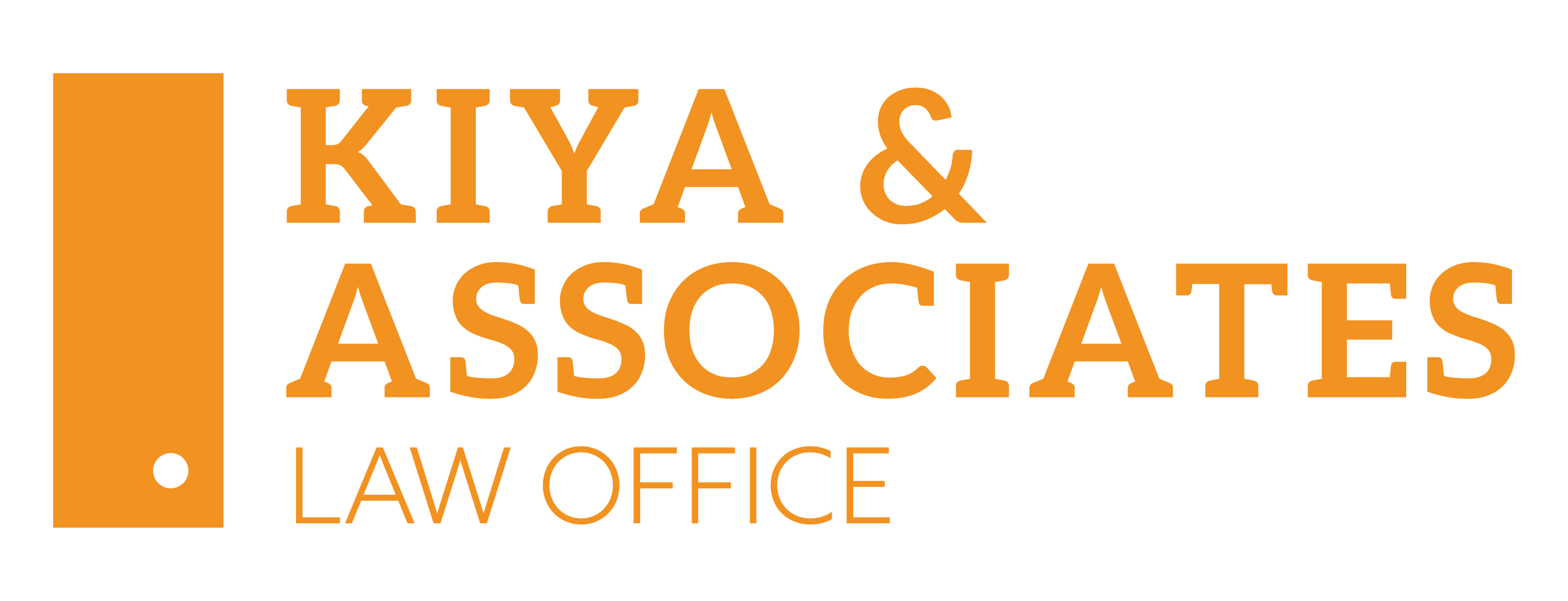


According to the proclamation, any individual or entity intending to engage as a real estate developer must first obtain a certificate of competence. While the detailed requirements for this certificate are to be outlined in forthcoming regulations by the Council of Ministers, the proclamation sets certain baseline criteria. A certificate of competence may be granted if the developer demonstrates:
- The potential to deliver a minimum of 50 housing units.
- Financial capability, supported by appropriate documentation.
- A comprehensive project master plan and schedule.
If the developer is a foreign investor, as defined under the proclamation, which closely mirrors the provisions of existing investment laws, the requirements outlined in those investment laws, such as the minimum capital thresholds for the sector, will apply.
This measure aims to attract investment and facilitate real estate development within Ethiopia. Notably, the proclamation also allows for the provision of favorable terms, including the allocation of adequate government land for development. This is subject to specific conditions, particularly the scale of the investment, which must fall within the range of 500 to 5,000. This measure is designed to attract investment and promote real estate development in Ethiopia.
In what appears to be an effort to address longstanding challenges faced by real estate buyers, the proclamation imposes specific obligations on developers. These include:
- A prohibition on transferring buildings that are less than 80% complete.
- A ban on false advertising.
- Restrictions on collecting advance payments or registering customers before acquiring the required land and obtaining a building permit.
- Encouraging customers to form associations to protect their collective interests.
Recognizing its importance in providing accurate and reliable information about property values for various purposes, including taxation, inheritance, court cases, bank loan collateral, and insurance, the proclamation dedicates one full section to real estate property valuation to be conducted once in every five years. A particularly notable provision in this section is the requirement to notify the public of property valuations. This measure aims to promote transparency, enabling the public to make informed decisions.
The Ministry of Urban and Infrastructure Development is entrusted with a broad range of responsibilities under the proclamation to ensure the effective implementation of its provisions. To facilitate grievance redressal, the law authorizes the establishment of a “Complaint Hearing Committee”. This committee is empowered to address disputes and complaints arising within the real estate sector. Any party dissatisfied with the decisions of the committee retains the right to escalate the matter to appropriate institutions or courts with jurisdiction over the issue.
While the proclamation represents a commendable step toward regulating the real estate sector, significant aspects have been left to be defined by forthcoming regulations from the Council of Ministers. Timely issuance of these regulations will be critical to achieving the law’s objectives and ensuring its effective implementation.
Conclusion
In conclusion, the proclamation lays a strong foundation for a more transparent and efficient real estate sector, addressing key issues that have plagued buyers and developers alike. However, its full impact will depend on the swift and comprehensive enactment of supporting regulations.

